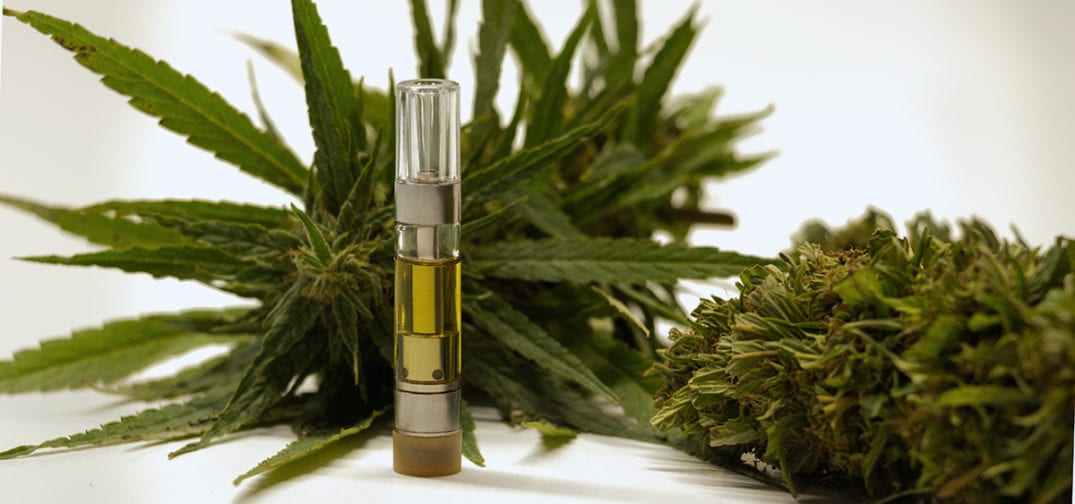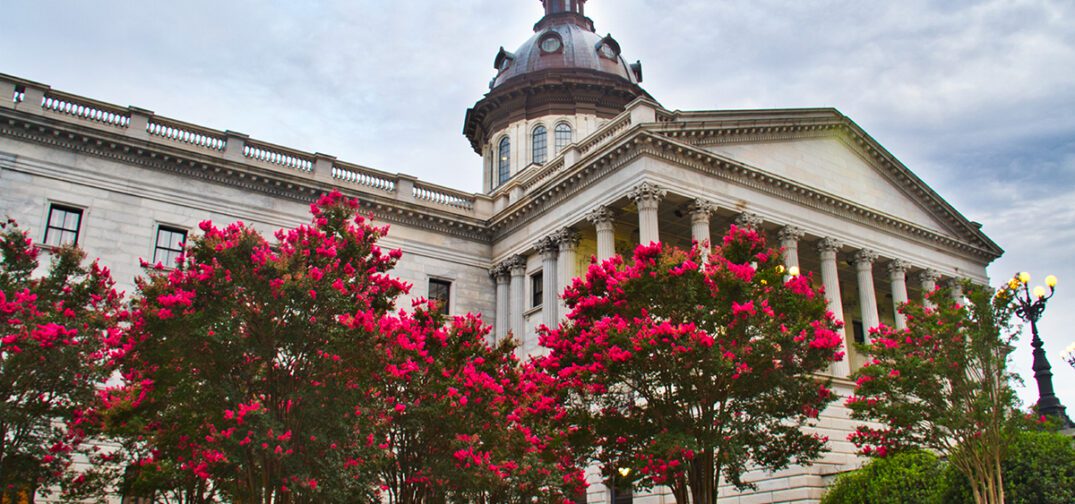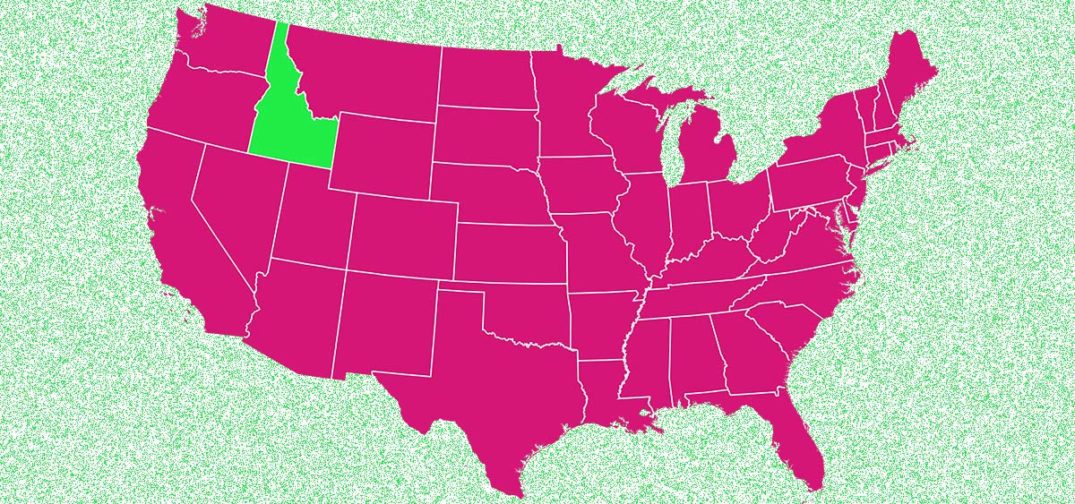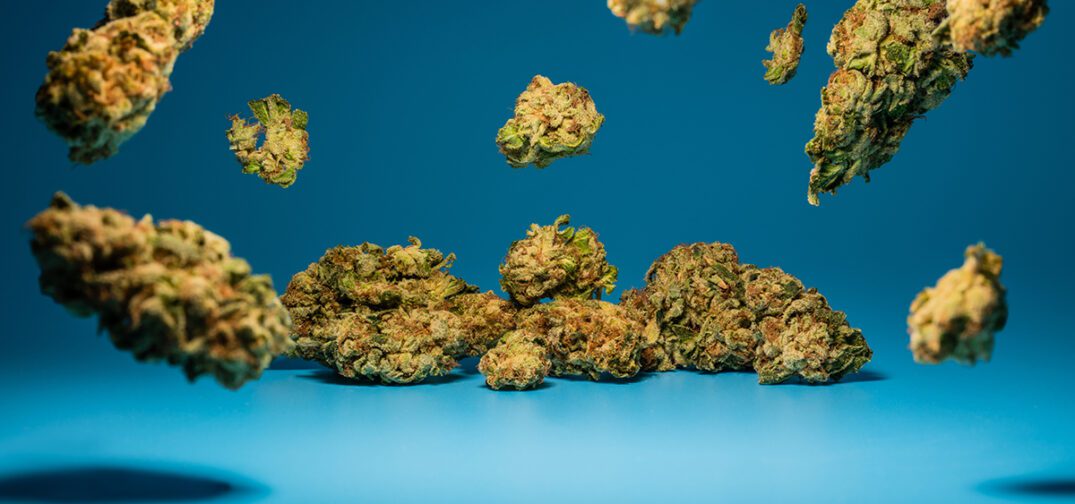In the often tumultuous cannabis industry, cultivators face a myriad of challenges that make profitability an uphill battle. From grappling with unregulated markets and relentless competition from well-funded interests employing race-to-the-bottom pricing strategies, to navigating the complexities of federal illegality and dealing with a patchwork of ever-changing regulations, the journey for cannabis brands is far from straightforward.
However, where there are challenges, there is also innovation, and our industry is no exception. In response to these obstacles, a range of technological solutions has emerged to assist cannabis cultivators in their quest for success. One such solution is AROYA, a service designed to empower cultivators by optimizing their operations and increasing yields through the application of science and data. AROYA is a cannabis-specific offering from Addium, an AgTech (Agricultural Technology) company specializing in precision cultivation.
In this Spotlight, we delve into the world of Addium, its origins, and the context driving its mission. We had the privilege of sitting down with Scott Campbell, the CEO of Addium, to explore the applications of AROYA and the story behind the company’s commitment to enhancing the cannabis cultivation experience.
The Company
Addium was founded in 2022 in Pullman, Washington, located just near the state’s border with Idaho, in a region well-known for its agriculture. The roots of their story, however, trace back several years earlier. The vision to apply AgTech solutions to cannabis cultivation initially germinated during Campbell’s tenure at METER Group, another technology company based in Pullman that has offered scientific solutions to agricultural and industrial clients for decades.
METER Group was already developing solutions geared toward indoor cultivation, but Campbell noted that most of the applications were research-focused rather than agriculture-focused. The fact is, the current economics of international agriculture don’t financially justify indoor cultivation in areas where farming is difficult due to the environment, because it’s so cheap (albeit immensely wasteful) to import produce from overseas. Long-term, Campbell believes that indoor farming will become more common as it becomes more energy and cost efficient, and as climate change begins to have a more significant impact on agriculture around the world.
In the meantime, however, Campbell realized that cannabis was the first crop where it actually made financial sense to grow indoors, and while there were a variety of cannabis-focused equipment manufacturers and grow-monitoring systems that had been developed for growers already, none of them were using the combination of software and cutting-edge sensor technology that his company had to offer.
Washington was among the first U.S. states to fully legalize adult-use cannabis in 2012. After recognizing the opportunity, Campbell helped to spearhead the development of AROYA, a cultivation management platform specifically geared toward cannabis farming, which over time was adopted by licensed cultivation companies in numerous state markets – ranging from large-scale MSO’s to small and mid-size craft brands.
Although cannabis was legal in Washington, it was (and is) still federally illegal, which eventually led to disagreements within the parent company. Plant-touching operators are very familiar with how the stigma associated with their products can affect business relationships, and the ancillary businesses who cater to them often face similar obstacles. In this case, an amicable solution was reached: Campbell and his team would launch a new company called Addium with licensing rights to use the sensors and software for the cannabis industry and other specific applications. Today, Addium serves nearly 35,000 commercial clients and offers AROYA as one of its flagship products.
The Product
AROYA offers licensed cannabis growers a combination of software and hardware that work together to help optimize plant growth and maximize yields.
“There is a core belief behind everything we do at AROYA,” Campbell says. “Quality science = quality data = quality plants.” By having better insight into the numerous environmental factors affecting their plants, growers can more confidently make decisions about everything from irrigation, to lighting, to fertilization and harvesting. On top of that, AROYA’s software makes the management of all this data streamlined, and allows the operator to rapidly assess the current status of their crops at every stage, from vegetative to flowering and post-harvest.
Collecting all of this valuable data is the network of sensors that monitor the physical processes involved in cannabis growth and harvesting: irrigation, lighting, feeding, and processing. Campbell explained that while other software solutions geared toward cannabis cultivators tend to employ third-party sensors that were developed for larger-scale industrial agriculture, AROYA uses proprietary sensors designed specifically for precision farming, capable of taking much more accurate readings.
According to their website, AROYA’s line of proprietary suite of sensor technology includes:
- A substrate sensor designed purposefully for cannabis that makes absolute comparisons between different growing media possible.
- A climate station that allows growers to reliably monitor CO2, air temperature, relative humidity, as well as barometric and vapor pressure.
- A full-spectrum quantum PAR sensor to provide accurate PAR measurements under all light sources, including LEDs.
- An in-pipe EC sensor to measure the electrical conductivity of water in a pipe or tank, pairing with the substrate sensor to deliver a snapshot into the salts in your soil or substrate.
- A moisture analyzer for use during the drying process, giving fast and accurate analysis of the moisture content and water activity of a sample.
Together, these sensors work in harmony with the software and environmental controls to allow for strategic crop steering as well as robust monitoring and enhanced control over every stage of the process. On top of all that, AROYA offers ongoing live customer support and consultation to help ensure that their clients are making the best use of their platform and to help custom-tailor workflows and data visualizations to each client’s unique requirements.
What kinds of cannabis farms use AROYA?
Campbell says AROYA has been implemented alongside virtually every type of cannabis cultivation methodology that exists, however the unifying trait among them tends to be operators who are obsessed with precision and tracking performance over time.
The key benefit of this data-driven approach is a consistent and predictable improvement in profitability per square foot per year, which Campbell says results in an effect similar to that of compounding interest: over time, a small but reliable increase in yield can add up to a very meaningful impact on a company’s bottom line.
The AROYA website features numerous case studies published about companies that have implemented their solutions, and one such brand is Node Labs, a cannabis breeder based in California that uses a scientific approach to provide cultivators with high-quality genetics. General Manager and Head of Cultivation for Node Labs, Cristian Ramos, said, “The major difference coming from traditional cultivation over to a science-based company with tissue culture and creating strains for cultivators is the necessity to be extremely disciplined with data collection and the standardization of practices.”
Another case study that underscores the impact of AROYA’s platform is its implementation at SHANGO, a cannabis brand with operations in Oregon, Arizona, Washington, and Nevada. Embracing AROYA’s advanced sensor technology, SHANGO has seen a remarkable 20% yield increase across their cultivation facilities. This success is not just confined to one location; the platform has enabled SHANGO to consistently enhance operations and decision-making processes across state lines. SHANGO’s Cultivation Manager, Greg Stefanik, highlighted the transformative effect of AROYA’s system on their ability to understand and optimize their operations, stating, “I had dreams of this… being able to graph out our cultivation data, review our history, and learn from each crop cycle. It’s like unlocking a new level of understanding.”
Conclusion
In a landscape marked by the complexities of federal illegality, fluctuating regulations, and fierce competition, AROYA offers an innovative approach for cannabis farmers to survive and thrive despite the obstacles they are forced to contend with. By combining their cutting-edge sensor technology and sophisticated software, AROYA has empowered cultivators to harness the power of data, adding another layer of value to their businesses and giving them a welcome advantage. And, in the current paradigm for licensed growers, every advantage matters greatly.

























